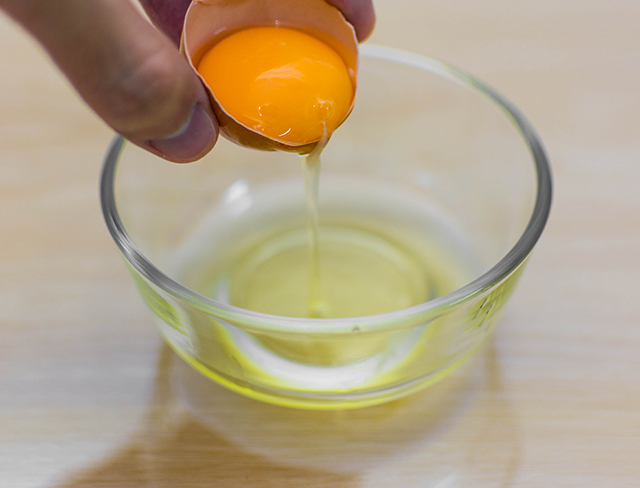Nature Knows and Psionic Success
God provides
Study: Following a choline-rich diet may offer transgenerational protection against Alzheimer’s disease

( Natural News ) Nutrients are like instructions, building our cells and telling them how to operate and communicate. These instructions strengthen our genetics, communicating vitality and disease prevention. The lack of nutrition can cause deficiencies in our bodies, damaging cells and bringing the worst traits out of our genes. Research shows that these nutritional instructions can be passed down through genetic code into the next generation. In fact, new research suggests that a maternal diet high in choline can protect future generations from Alzheimer’s, even when dietary choline levels are low in the offspring. The study, from Arizona State University in Tempe and the Translational Genomics Research Institute in Phoenix, AZ, was conducted on mice that were already genetically predisposed to Alzheimer’s disease. One group of mice were fed a diet enriched with choline. The other group did not receive choline supplementation. The researchers bred two generations of mice from the two groups and found differences in their brain activity as they aged. The mice that were born from mothers on choline-rich diets developed fewer disease-associated brain changes. They also exhibited improved memory skills. Even when the descendants didn’t receive choline in their diet, they still enjoyed the benefits of brain protection from their mother’s nutrient-rich diet. Choline’s importance for cellular function, genetics across three generations The human body makes its own choline , but relies on dietary sources to get the full amount needed for healthy cellular functions. Choline, found primarily in fish, eggs, chicken liver, broccoli, nuts, and seeds, is an essential nutrient that helps the brain develop. Choline also protects the structure of cells. This nutrient actually helps other nutrients travel throughout the body. Choline is needed to make acetylcholine, a neurotransmitter that coordinates memory, mood, and muscle control. Mother Nature’s micronutrient secret : Organic […]
Click here to view full article
